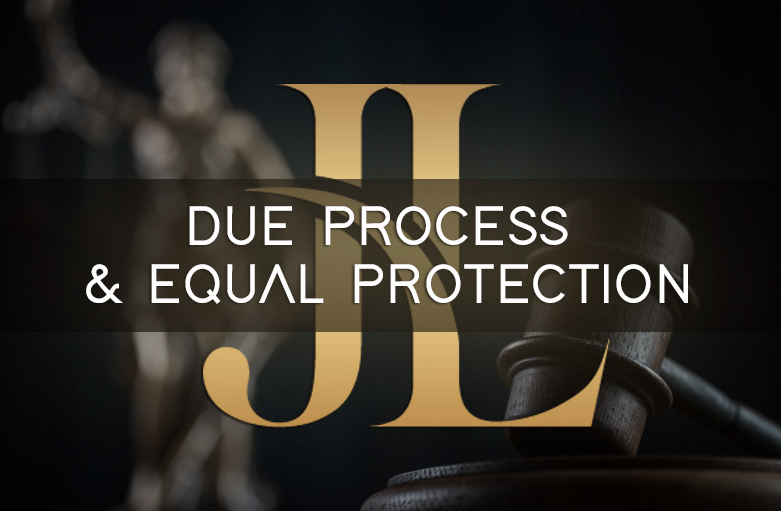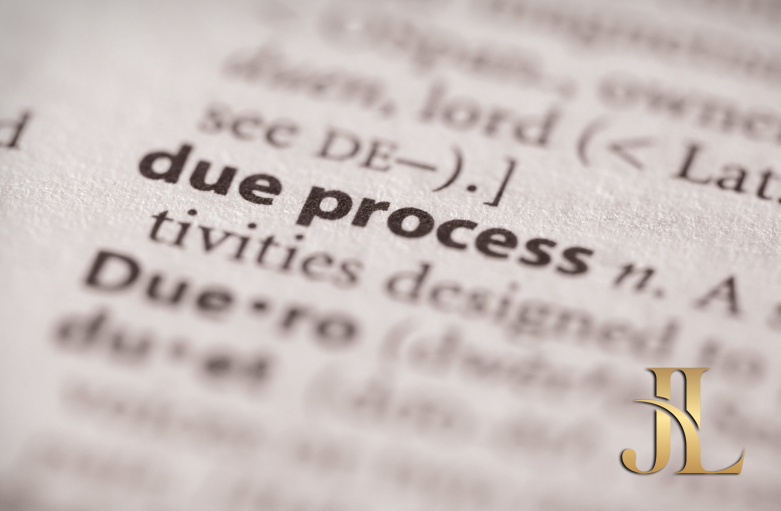
Due Process and Equal Protection: Safeguarding Your Rights
At Jason Landess & Associates, we understand the importance of due process and equal protection, two fundamental principles that form the bedrock of a just and fair society. In this comprehensive article, we delve into the nuances of due process and equal protection, exploring their significance, their interplay, and how they safeguard your rights. Our goal is to provide you with an insightful understanding of these principles while equipping you with the knowledge necessary to protect yourself and navigate legal matters effectively.
Understanding Due Process
Defining Due Process
Due process is a fundamental concept enshrined in the legal systems of democratic nations, including the United States. It ensures that individuals are treated fairly and justly by the government, guaranteeing certain procedural rights before any deprivation of life, liberty, or property.
Procedural Due Process
Procedural due process refers to the set of rules and procedures that the government must follow when depriving individuals of their rights or imposing penalties. These procedures act as safeguards, ensuring that decisions are made fairly, impartially, and in accordance with the law.
Substantive Due Process
Substantive due process, on the other hand, focuses on the content or substance of laws and regulations. It protects individuals from arbitrary or unreasonable government actions that infringe upon their fundamental rights, even if the proper procedures are followed.

The Significance of Equal Protection
Equality Under the Law
Equal protection is a vital principle that ensures every individual is entitled to the same legal rights and protections, regardless of their race, ethnicity, gender, or any other characteristic. It guarantees that all individuals are treated equally by the government and that discriminatory practices are prohibited.
The Fourteenth Amendment
In the United States, the Equal Protection Clause of the Fourteenth Amendment to the Constitution plays a crucial role in safeguarding equal protection. This clause prohibits states from denying any person within their jurisdiction the equal protection of the laws.
The Interplay between Due Process and Equal Protection
Overlapping Principles
Due process and equal protection are closely intertwined, as they share the common goal of protecting individuals from unjust treatment. While due process focuses on fair procedures, equal protection ensures that these procedures are applied without discrimination.
Common Legal Challenges
Cases involving due process and equal protection often arise when individuals believe their rights have been violated by the government or other entities. These challenges can encompass various legal issues, such as employment discrimination, housing rights, and criminal justice.
Safeguarding Your Rights: The Role of Legal Representation
When facing legal matters concerning due process and equal protection, it is crucial to have competent legal representation by your side. A skilled attorney with expertise in constitutional law can guide you through the complexities of these principles, advocate for your rights, and ensure that you receive fair treatment under the law.
Conclusion
In conclusion, due process and equal protection are fundamental pillars of a just and equitable society. By understanding these principles and their significance, you empower yourself to protect your rights and seek justice when necessary.
At Jason Landess & Associates, we are committed to promoting and defending these principles, and we stand ready to assist you in navigating any legal challenges you may face.
Remember, your rights matter, and with the right legal counsel, you can assert them confidently.
